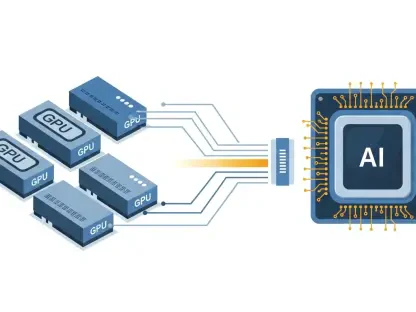In a surprising move, McDonald’s, the global fast-food giant, has decided to discontinue its AI drive-thru voice ordering pilot. The concept, a collaboration with IBM utilizing the latter’s Watson natural language processing technology, was aimed at revolutionizing drive-thru service. However, despite initial deployment across more than a hundred U.S. outlets, which suggested a promising start, the project has been shelved. Mason Smoot, McDonald’s Chief Restaurant Officer, conveyed the decision to the franchisees, marking the end of this particular venture with IBM’s Automated Order Taking (AOT) system. Smoot underscored the company’s intent to cast a wider net, exploring diverse voice ordering solutions as they move forward.The end of this trial is not, however, the end of McDonald’s tech advancements. On the contrary, the company remains bullish on integrating advanced technology into its customer service model. They view the experience gained from their partnership with IBM as a valuable stepping stone toward identifying a voice ordering system that is both scalable and efficient. This strategic pivot comes amidst a growing trend within the industry to enhance customer-facing operations with AI and automation, not only to streamline processes but also to reduce costs. It’s clear that McDonald’s is not retreating from innovation but is rather recalibrating its technological trajectory.









